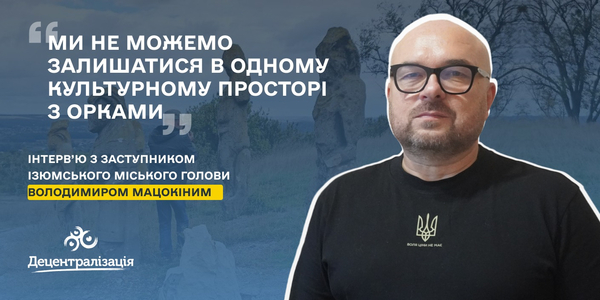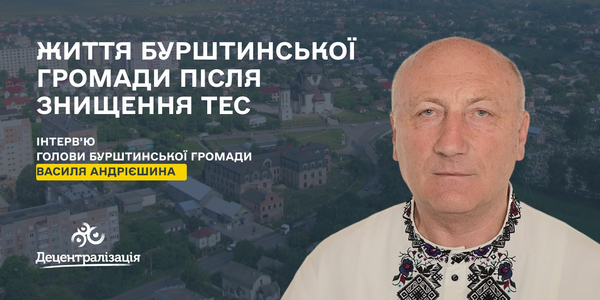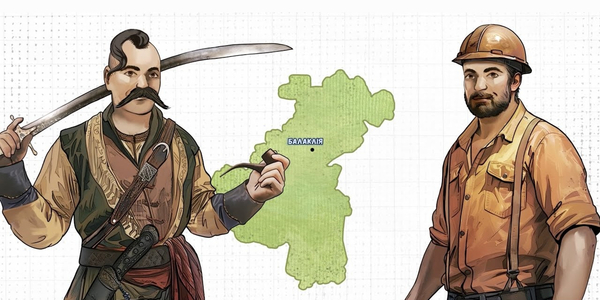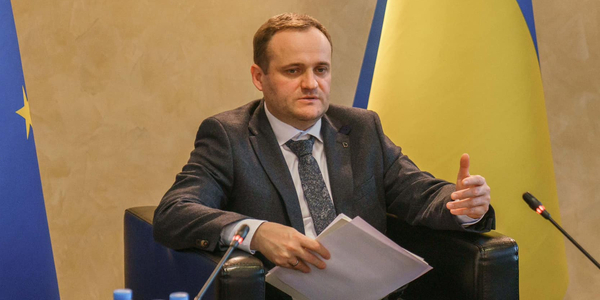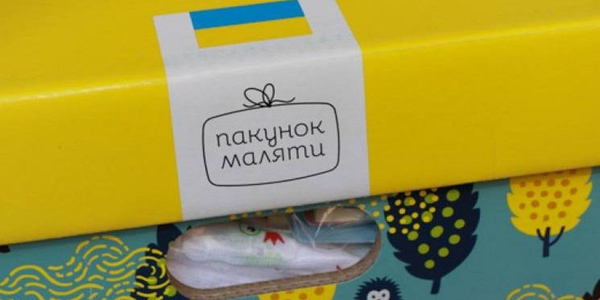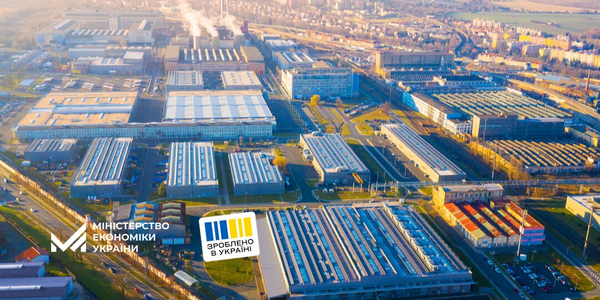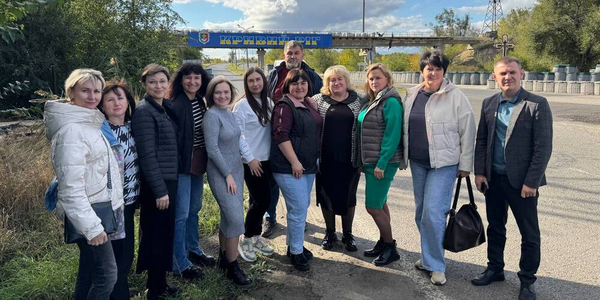The rural municipality of Batiovo is located on the border with Hungary, and this is its trump card for investments. The U-LEAD with Europe Programme assisted the municipality in creating an investment passport. This document, as well as the proactive attitude of local authorities and the public, are already yielding results. The rural municipality is developing a logistics hub for thousands of new jobs.
What is the problem?
Most Ukrainian municipalities need investments for economic development. The Zakarpattia oblast is no exception. Many municipalities here have their budgets in the red.
What is the solution?
In order to effectively establish ties and cooperation with investors, municipalities develop investment passports. This requires a systematic professional approach and, therefore, expert support. The U-LEAD with Europe Programme provided such expert assistance to municipalities in the Zakarpattia oblast, including to the Batiovo municipality. The investment passport helped Batiovo to identify the development of the logistics hub as one of its priorities.

Map of the Batiovo municipality
Why does a municipality need an investment passport?
The investment passport of the municipality is a document that contains information about the key assets, conditions and opportunities for investment, an overview of the main sectors of the economy, labour and other resources of the municipality.
To develop it, the municipality must:
- Take inventory of all its resources that may potentially interest investors,
- Evaluate your strengths and weaknesses,
- Assess its needs and potential,
- Determine its competitive advantages,
- Determine its priority areas of development,
- Present these data systematically, with actual proposals for investors.
How the Batiovo municipality developed its investment passport
“We were very happy with the expert support”
The leadership of the Batiovo municipality first considered the development of an investment passport back in 2021. At the time, an investment forum was held in Berehove with the participation of district municipalities, regional leadership and foreign partners.

“Having received the invitation to this event, we realised that we had no document that would aggregate all the information about our municipality that was relevant for potential investors,” says Gabriella Galambosh, Deputy Head of the Batiovo Village for the Executive Branch.
But even before that, the municipality had been constantly faced with a lack of visual information when communicating with potential investors. At first, they tried to handle this on their own.
“We were very happy when we got the opportunity to develop a real investment passport with expert support thanks to the U-LEAD with Europe Programme,” said Ms Galambosh. She was involved in the work on the passport in 2021 and already in 2022.
As Gabriella Galambosh emphasised,
“From our experience, I can say that having expert professional support is really crucial. The expert literally walked us through the process step-by-step. We received non-stop communication and methodological recommendations on what should and should not be included and what we should focus on. Because when we developed the document ourselves, although we brainstormed, certain aspects attractive to investors could be overlooked.”
What municipalities should take into account when developing an investment passport
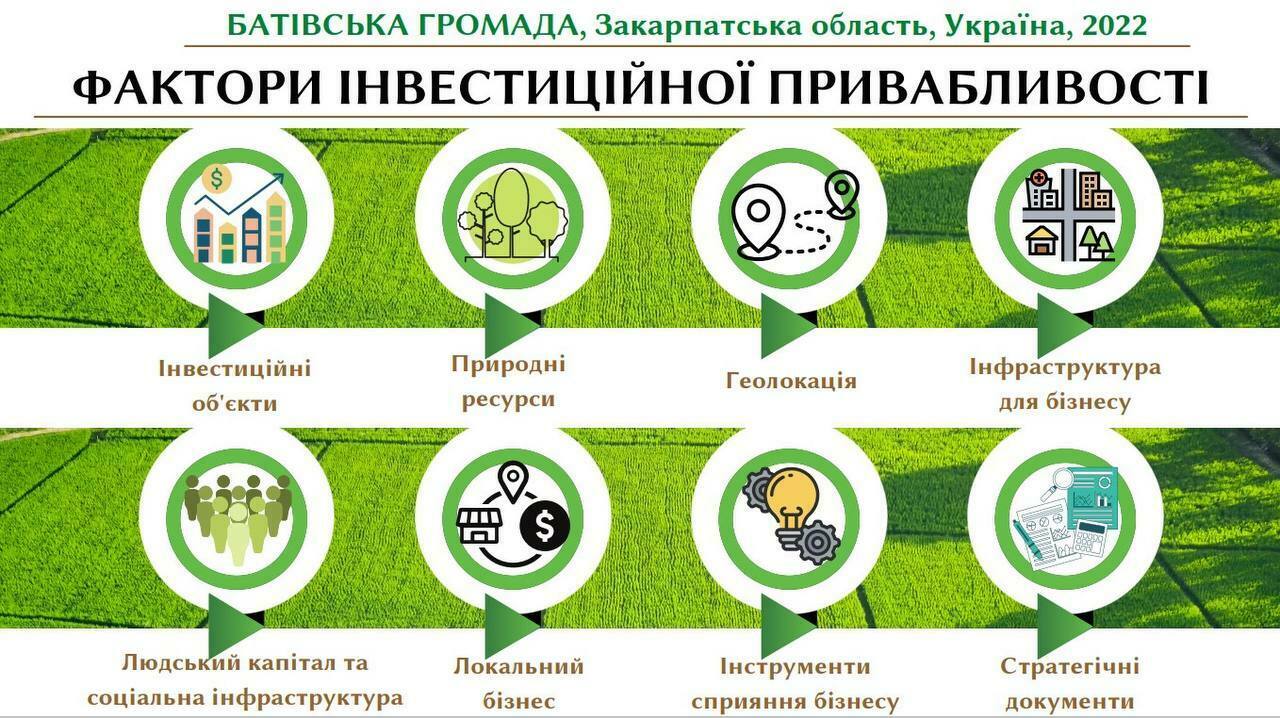
A page from the investment passport of the Batiovo municipality
Gabriella Galambosh shares her newly-gained experience: Definitely consider all the resources available in the municipality.
“You may think that a certain property is not attractive for an investor, but, in fact, it might be. Thanks to U-LEAD’s expert support, we communicated with other municipalities, found out who had what kind of work experience, and this helped us identify some non-obvious things,” said the Deputy Head of Batiovo.
Communication with the private sector is very effective. This is how you can showcase real estate, unused warehouses, land plots that may have some natural resource.
Gabriella Galambosh adds, “The owners are ready to establish contacts, to communicate. And they are also happy if we can help them, say, attract some small investor.”
Look for tourist potential. And for this purpose, review archival documents and talk to senior citizens across the municipality. Because, as Gabriella Galambosh believes, while settlements did unite into a municipality, each has its highlight, perhaps not yet known to the general public.
What do the experts themselves say?
Cooperation had begun even before the municipality was created and continues to this day
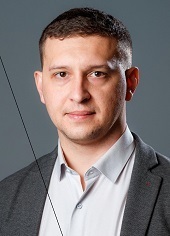
The cooperation between the U-LEAD with Europe Programme and the Batiovo Village Council had begun even before the municipality was created, in 2017. The municipality was formed in 2020 and to this day actively participates in all training programmes offered by U-LEAD with Europe, according to Mykola Siusko, Head of the Regional Office of U-LEAD with Europe in the Zakarpattia oblast.
He recalled the following:
-
In 2021, the municipality underwent a comprehensive training programme “Business-Friendly Municipality” where they learned more about how to properly build a dialogue and cooperate with the business community, what business support tools are available and how to use them;
-
At the same time, the municipality received expert support in developing a capable network of educational institutions;
-
The municipality developed an investment passport in 2022;
-
In 2023, they began training on drafting the Municipal Development Strategy and the actual drafting of this document.
Three prerequisites for a quality result
“The municipality managed to develop, in my opinion, a quality document,” Mykola Siusko commented on the municipality’s investment passport.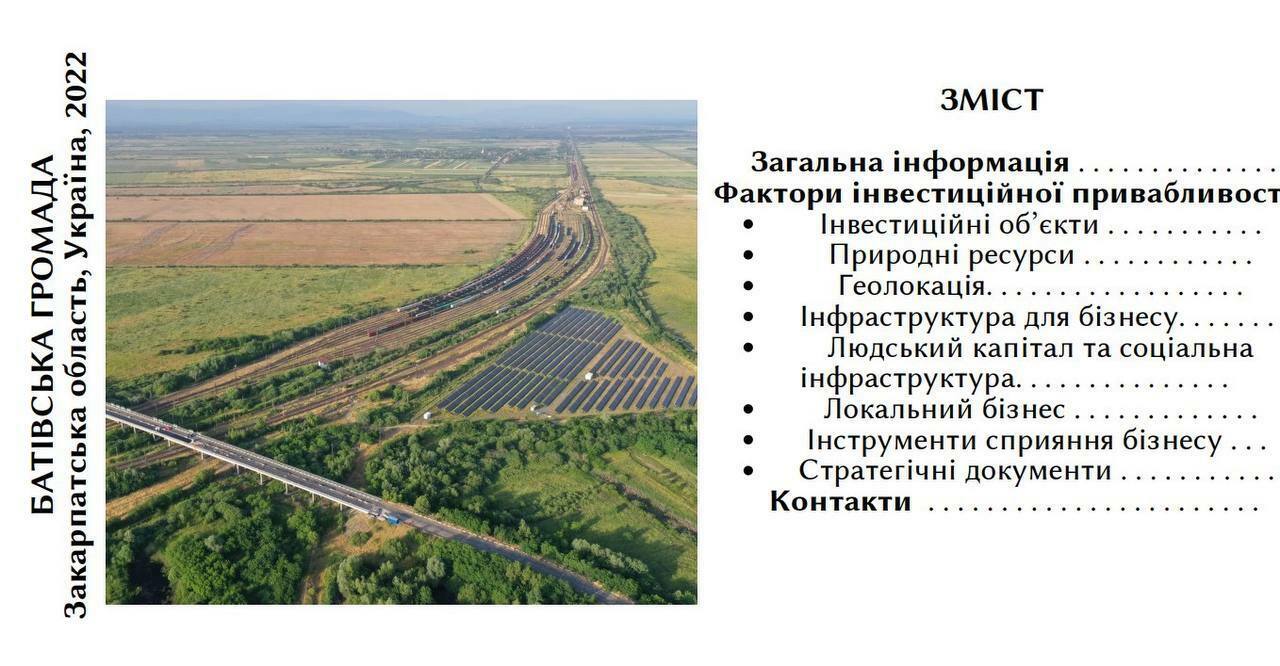
Content of investment passport of the Batiovo municipality
What ensured this?
First, this municipality stands out from the rest for its openness to new ambitious ideas.
“They conducted a detailed analysis of their potential and are not afraid to develop ambitious and unusual projects,” said Mykola Siusko.
Secondly, the municipality has really good prerequisites for business development.
As Mykola Siusko stated, “It has a very favourable geographical location near the border with Hungary, a good railway junction, free land plots for businesses. Few in Zakarpattia can boast of this, because two-thirds of the oblast is a mountainous area. They also have natural resources such as thermal springs.”
Thirdly, local authorities and municipality residents are enterprising and proactive.
“The head of the municipality and his deputy in this direction are very proactive; they always communicate with investors. For example, when the war started, they immediately considered and offered land for the potential construction of housing for internally displaced persons. There is a ready project for such a town, and they are now seeking funding for it,” Mykola Siusko added. “Active residents of the municipality created the Zdybanka Youth Space. Active public centres like that are a rarity for a rural municipality.”
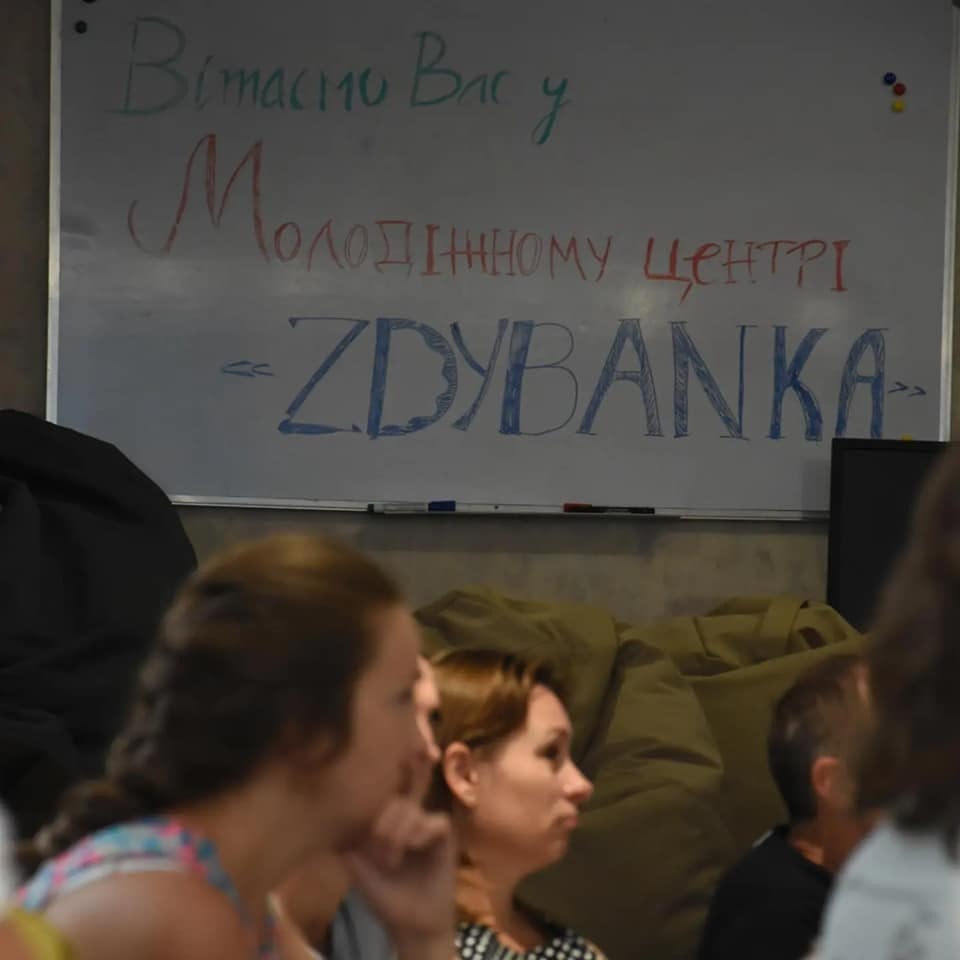
The Zdybanka Youth Space of the Batiovo municipality brings together people of all ages
Batiovo is of interest to investors primarily because of its convenient location.
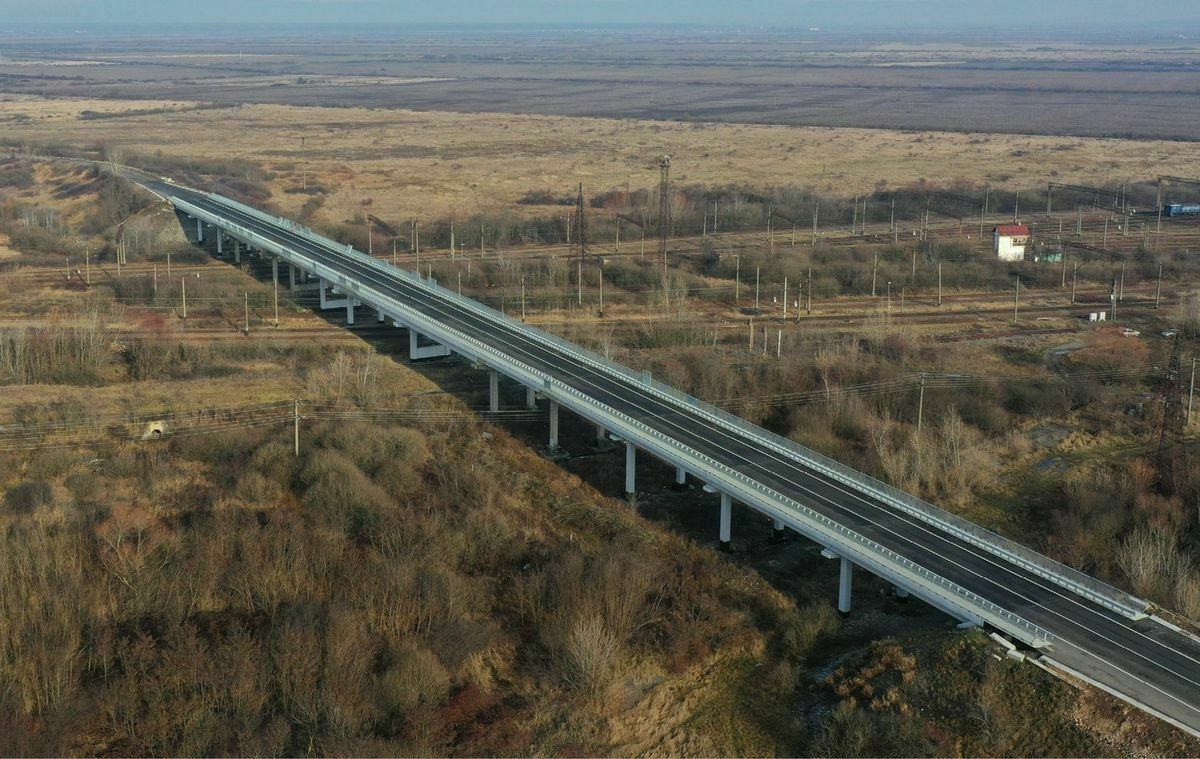
The largest overpass of the Zakarpattia oblast is located in the village of Batiovo; it is part of the M-25 route from the Solomonovo–Velyka Dobron–Yanoshi checkpoint. Photo from uprom.info
The most important advantage is a convenient geographical location, since Batiovo is a border municipality.
As Gabriella Galambosh clarified,
“We are very close to Hungary, Slovakia, Romania, Poland. Moreover, our municipality is located at an international transport corridor, Crete Corridor V.
It is also very important that Highway M25 passes through our municipality. And on the territory of the municipality, there is a checkpoint Dzvinkove–Lónya on the border with Hungary.
The Batiovo Railway Station is a large hub station. We have both wide and narrow gauges for, naturally, both passenger and cargo transportation, which connects us with Europe.”
There is a land bank, natural resources, business infrastructure, and human capital here.
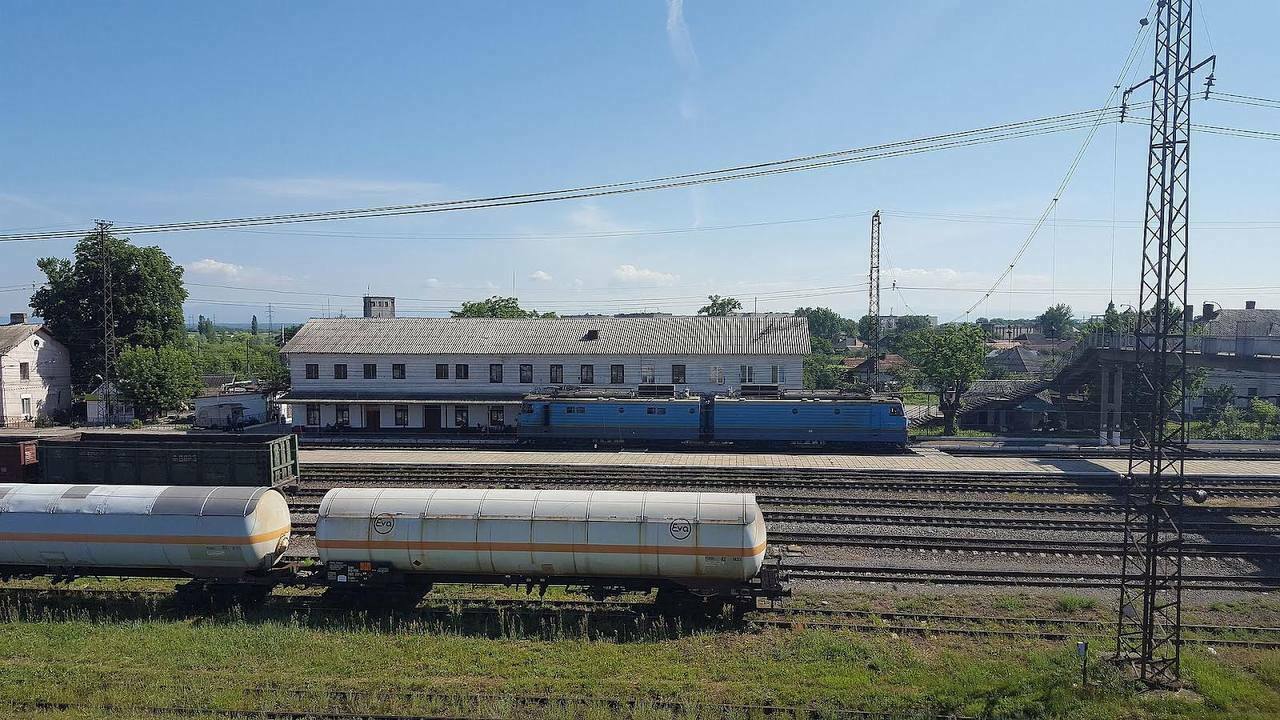
Batiovo Railway Station
Therefore, the investment passport contains a wide range of proposals, including the creation of the Batiovo Industrial Park, several plots of land for establishing industrial facilities and the possibility of building recreation centres at thermal springs on the territory of the municipality.
“When we were developing an investment passport, we actually studied the local conditions of the Batiovo municipality in detail. On the one hand, Batiovo has a great potential for industrial growth, and, on the other, there are also prerequisites for the development of the tourism industry,” said the Head of the Regional Office of U-LEAD with Europe in the Zakarpattia oblast.
How logistics hubs will work
According to Gabriella Galambosh, Deputy Head of Batiovo, the development of the logistics direction began even before the full-scale war:
“After the start of the full-scale war, we saw even more clearly that this is a vital aspect, because, unfortunately, the enemy is destroying our logistics and has blocked the sea routes. We understand that now we have to use our best efforts to facilitate proper logistics for investments, for businesses.”
To date, the municipality has already developed three large projects of production and transshipment facilities. The projects were approved by the relevant ministry and are currently under construction.
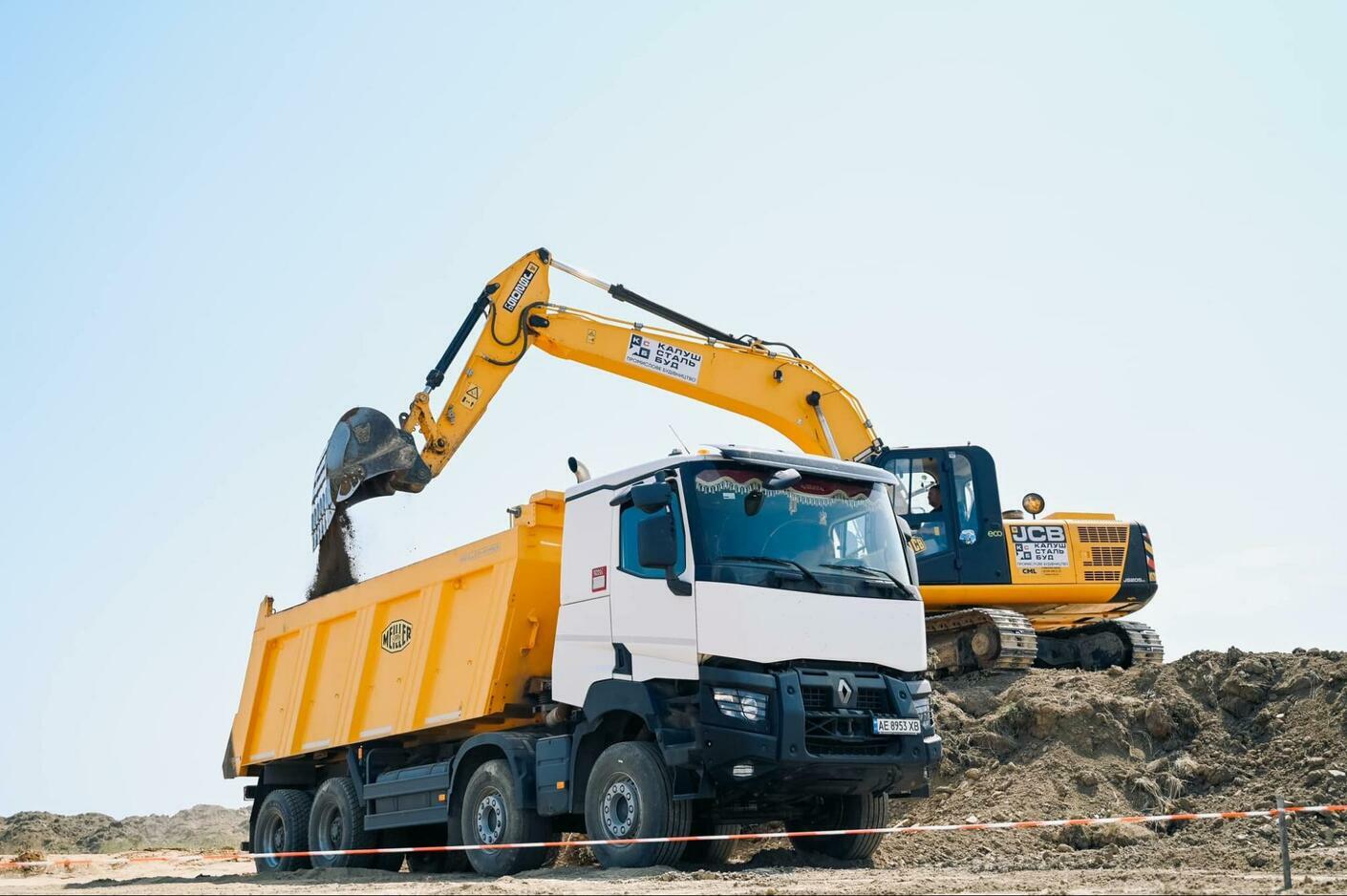
Construction works at the site of BF Terminal. Photo from Viktor Mykyta’s official Facebook page
“In 2022, the Batiovo municipality attracted two agribusinesses, newly created rather than relocated. In 2023, the construction of a woodworking facility began here. For a rural municipality, opening three businesses in the last two years, despite the ongoing war in the country, is a great result, in my opinion,” said Mykola Siusko.
Gabriella Galambosh emphasised that their success was facilitated by:
- Simplified procedure for the creation of production and transshipment facilities adopted by the state,
- Support of district and regional administrations,
- Understanding and a common vision of the deputies and members of the executive committee.
Furthermore, it was critical to establish high-quality communication with the investor.
“An investor is unlikely to come to someone now with cash and say, ‘Oh, let’s build something here, open something or launch something.’ Unfortunately, it doesn’t work like that. These are long-term efforts that requires communication and openness. We experienced it ourselves. It is important for an investor that they don’t have to knock o doors and request multiple meetings. We had investors who came to the council meeting, presented, say, their project, and a discussion took place,” said the deputy head of the village.
A large woodworking project
The third major project — the production and transshipment facility BF TERMINAL with Korosten MDF Manufacture and Ukrainian Sawmill Holding Company as investors — is to create almost 3,000 jobs.
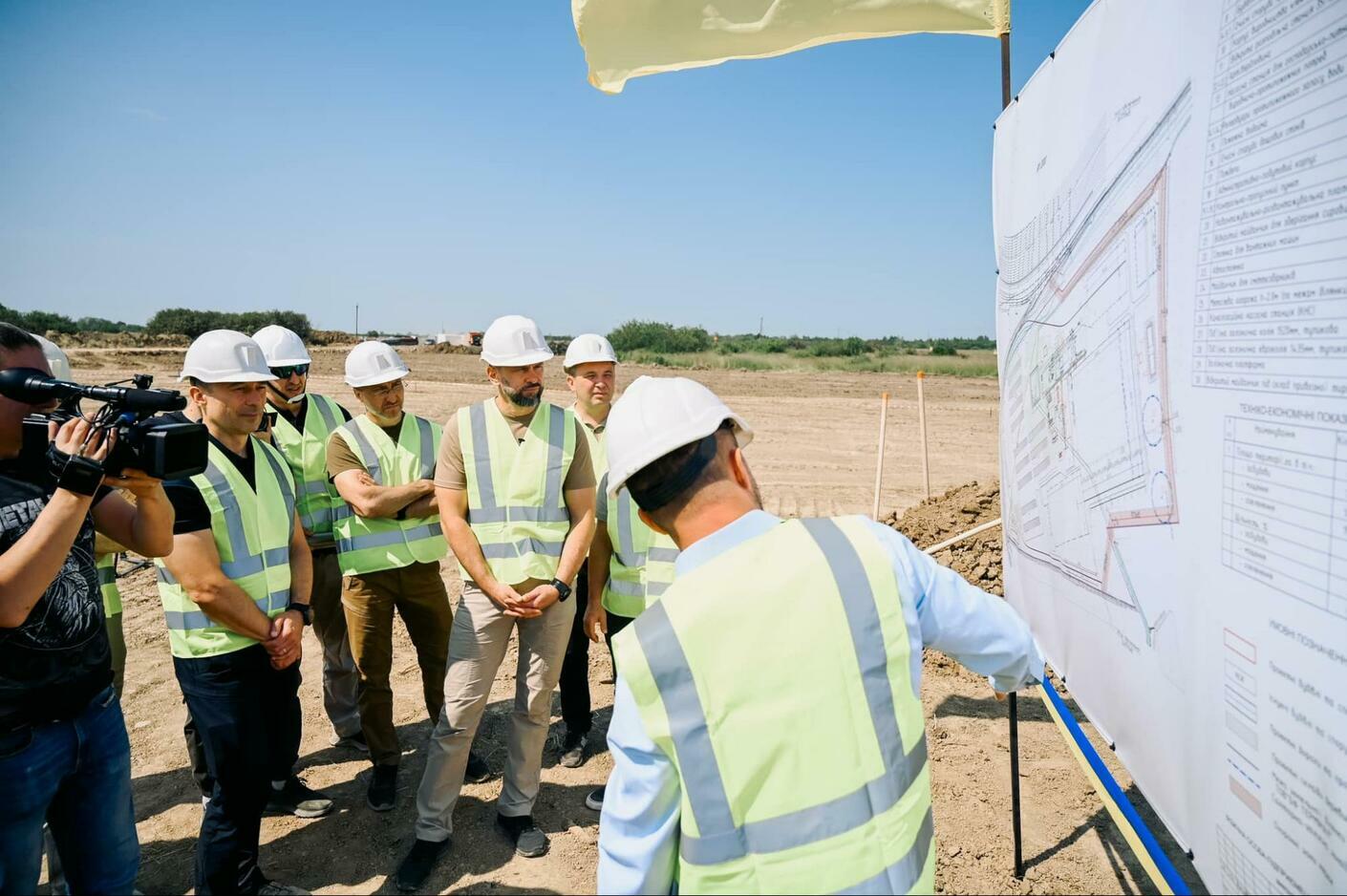
Viktor Mykyta, Head of the Zakarpattia Regional Military Administration, visited the facility at the end of May together with investors. Photo from Viktor Mykyta’s official Facebook page
Having visited the facility at the end of May, when the construction of the workshops began, Viktor Mykyta, Head of the Zakarpattia Regional Military Administration, said,
“It is important that this case is not only about the economy, but also about the social and humanitarian components.
Together with investors, we created a municipal development concept where the business would direct funds to the construction of kindergartens and schools. Moreover, as part of the Zakarpattia Regional Military Administration’s housing programme for employees of the newly-created businesses, housing estates with appropriate infrastructure and much more will be built.
At the same time, the municipality will direct the funds received from the personal income tax of businesses to the development of road infrastructure, improvement of healthcare services, etc.
We appreciate the proactive attitude, effective management and quick, well-considered decisions of the Batiovo municipality.”
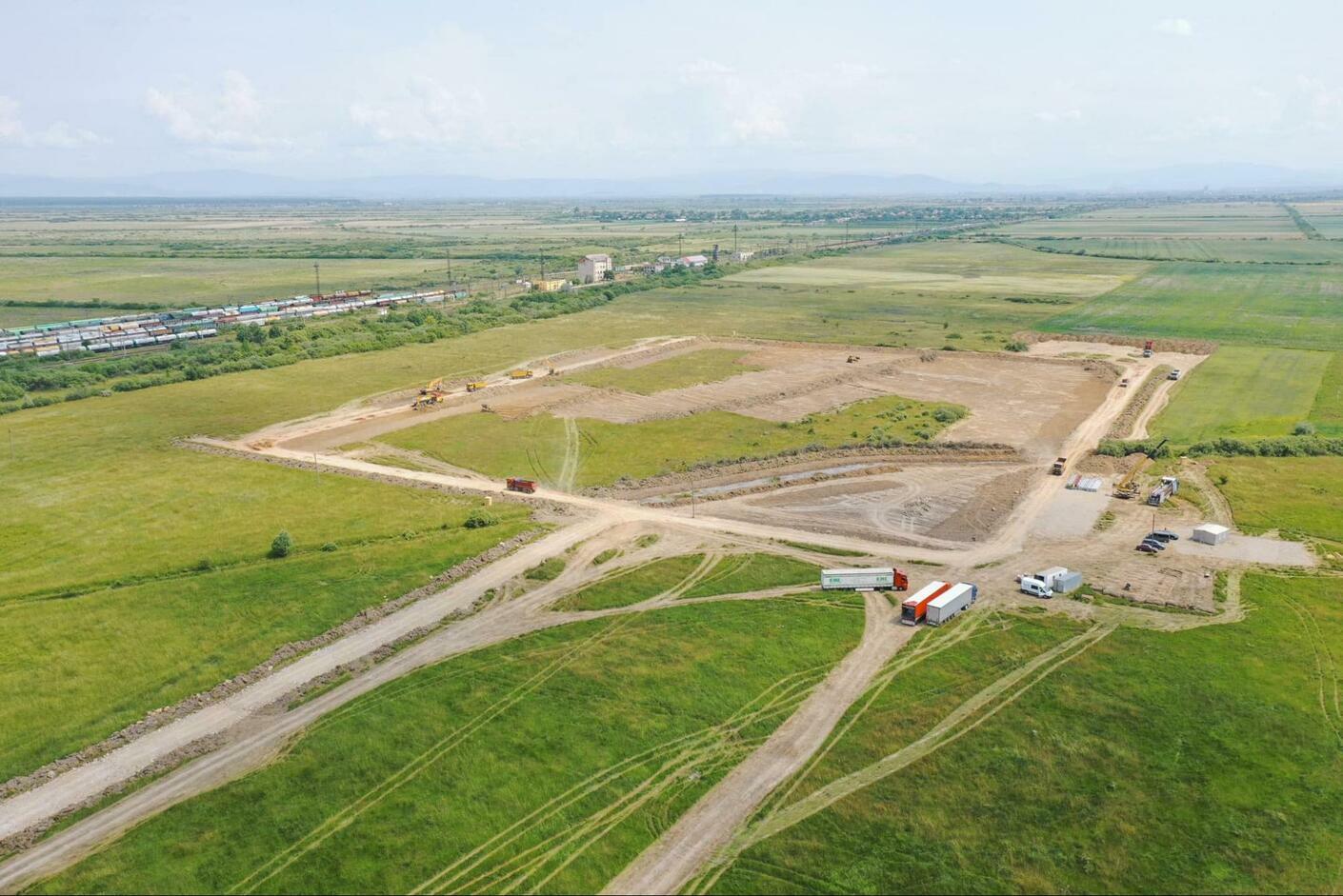
Construction site of BF Terminal. Photo from Viktor Mykyta’s official Facebook page
The first phase of this business is to be launched at the beginning of 2024. However, the project caused an ambiguous reaction in the woodworking industry of Zakarpattia due to fears that big business will crush smaller enterprises. In response to this, the head of the Zakarpattia Regional Military Administration argued as follows in one of the interviews:
“Medium-density fibreboards that will be manufactured in Batiovo are made from chips, shavings and sawdust. That is, the tree is cut down, the branches are trimmed, and the top — the trunk — becomes commercial wood, while this plant will process the waste into MDF. They are not competitors to the woodworkers of Zakarpattia. They will take their waste to process it, maybe even pay for it. In other words, there is no real problem. We fought for this project for four months; it could have been Lviv.”
Photos provided by the Batiovo Village Council
